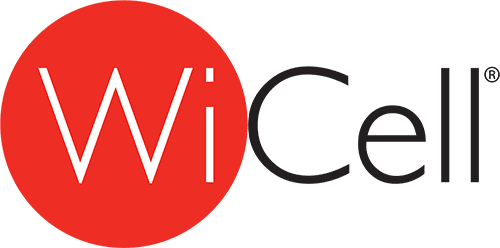UW-Madison scientists report chromosomal changes comparable in iPS & hES cells
4.8.11
MADISON, Wis.—Induced pluripotent stem cells acquire similar chromosome abnormalities at a similar rate as human embryonic stem cells according to a paper published today in Nature Biotechnology.
Scientists from the WiCell Research Institute and University of Wisconsin–Madison have determined that cultures of induced pluripotent cells develop chromosomal changes at a rate comparable to cultures of human embryonic stem cells. Their work provides another example of how the two types of cells are similar.
Like embryonic stem cells, induced pluripotent stem cells can potentially become any of the 220 mature cell types in the human body. However, scientists are still working to understand subtle differences between human embryonic and induced pluripotent stem cells.
Embryonic stem cells are known to acquire chromosomal abnormalities during long-term growth in cultures. Because induced pluripotent stem cells are derived from mature cells, it was once thought that they may not develop these chromosome abnormalities. Wisconsin scientists have now shown that induced pluripotent stem cells acquire some of the same chromosomal changes when they are cultured for extended periods.
For more on the research, visit: www.nature.com/nbt/journal/v29/n4/full/nbt.1835.html.
About WiCell
WiCell Research Institute is a nonprofit research institute established in 1999 to advance the science of stem cells. The organization is focused on enhancing and expanding the study of human pluripotent stem cells by supporting basic research; establishing research protocols; creating and distributing cell lines; and supporting efforts to unlock the therapeutic potential of stem cell technologies. As home to the Wisconsin International Stem Cell Bank, WiCell serves the worldwide scientific stem cell community through banking, characterization, and distribution of stem cell lines as well as providing technical support. WiCell also offers cytogenetic services, quality control testing services and clinical grade cell lines to researchers across the globe. WiCell is an affiliate of the Wisconsin Alumni Research Foundation, the nonprofit technology transfer organization serving UW–Madison. For more information, visit www.wicell.org.
